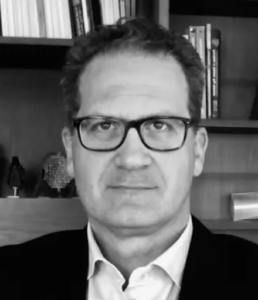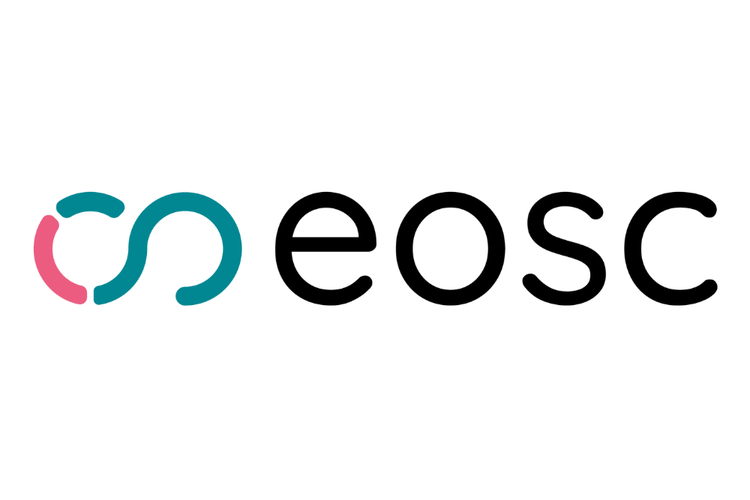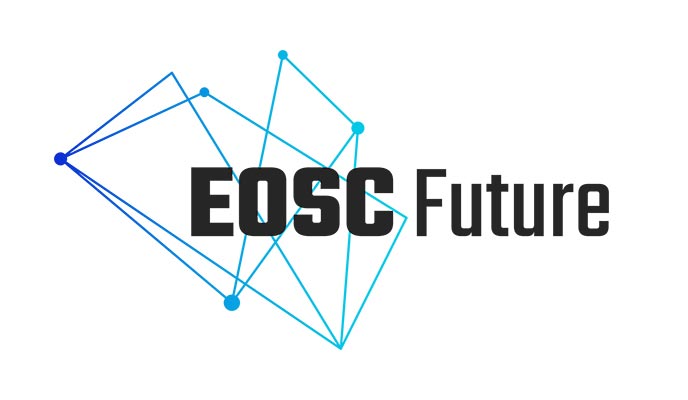
Giovanni Lamanna
Giovanni Lamanna holds an experimental sub-nuclear physics PhD and he is a researcher at CNRS in France since 2003. Giovanni Lamanna took office as director of the CNRS-IN2P3 LAPP laboratory in 2015.
His main research interests are in the interfaces between Particle Physics and Astrophysics, on fundamental subjects such as dark-matter search, matter-antimatter asymmetry problem, cosmic-rays origin and high-energy phenomena in the Universe. His experimental activities concern the development of advanced research instrumentation and data processing methods. Giovanni scientific contributions are in the context of large international collaborations such as CMS, AMS, ANTARES, H.E.S.S., CTA and FCC. He is author/co-author of more than 250 scientific publications, proceedings of conferences, technical reports.
At LAPP Giovanni Lamanna has been leading the research team of high-energy gamma-ray astronomy within two international collaborations H.E.S.S. and CTA. He has been involved in the conception and preparation of the CTA Observatory, serving as coordinator of the international Data-Management project, and having a leading role in the design and construction of the first Large Size Telescope (LST-1) deployed at La Palma Island.
He provided several contributions in the combined context of research, data, algorithms and computing for particle and astroparticle physics on issues concerning optimal and efficient large-scale data analysis and data management.
In 2018 the management of pan-european organizations in particle physics and astrophysics (CERN, ESO, Jive, Virgo-EGO) and the directors of the ESFRI projects and landmarks (CTA, HL-LHC, ELT, EST, FAIR, KM3NeT, SKA) entrusted him with the coordination of the H2020 cluster project «ESCAPE – European Science Cluster of astronomy and Particle physics ESFRI research infrastructures ».Giovanni Lamanna is concerned and active in the context of science, technological innovation and policy for society at international as well as at regional levels.



